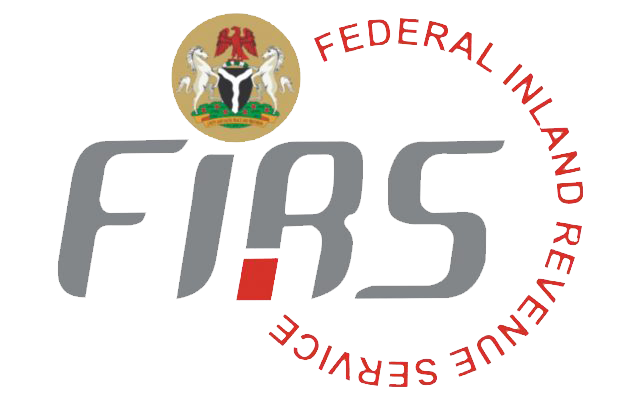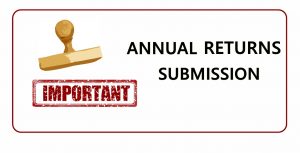How to Avoid Tax Clearance Problems
How to Avoid Tax Clearance Problems
Tax clearance certificates (TCCs) are essential documents in Nigeria, often required for accessing government contracts, loan applications, license renewals, expatriate quotas, and more. However, many businesses and individuals struggle to obtain them due to common errors, poor documentation, or non-compliance with tax regulations.
In this article, we provide a step-by-step guide to help you avoid tax clearance issues and maintain a clean tax profile whether you’re a business owner, professional, or corporate finance executive.
What is a Tax Clearance Certificate?
A Tax Clearance Certificate (TCC) is an official document issued by the Federal Inland Revenue Service (FIRS) or State Internal Revenue Services confirming that a taxpayer (individual or entity) is up to date with their tax obligations for a given period — usually the last three years.
You’ll typically need a TCC for:
- Bidding for government contracts
- Applying for business permits or licenses
- Accessing certain banking or investment services
- Visa or immigration applications
- Processing expatriate quotas and work permits
Common Reasons Tax Clearance Is Denied
- Incomplete or missing tax returns
- Non-payment or underpayment of taxes
- Mismatched information (e.g. TIN not matching CAC data)
- Unremitted PAYE or withholding tax (WHT)
- Poor record-keeping or missing documents
How to Avoid Tax Clearance Problems
Here are the key steps to stay compliant and obtain tax clearance smoothly:
1. Register Correctly and Obtain a Valid TIN
Ensure that your business and key individuals (e.g., directors) are registered with the appropriate tax authorities and have valid Tax Identification Numbers (TINs). This is the foundation of all tax interactions.
Tip: Ensure the TIN details (name, address, RC number) match your CAC registration, bank details, and FIRS records.
2. Understand Your Tax Obligations
Identify all applicable taxes for your business, such as:
- Corporate Income Tax (CIT)
- Value Added Tax (VAT)
- Pay-As-You-Earn (PAYE)
- Withholding Tax (WHT)
- Tertiary Education Tax
- Personal Income Tax (for individuals/sole proprietors)
Create a tax calendar with filing and payment deadlines to avoid penalties.
3. File Timely and Accurate Tax Returns
Filing is just as important as payment. Even if you paid your taxes, failure to file returns on time may lead to clearance denial.
Ensure you file:
- Annual income tax returns (for companies and individuals)
- Monthly PAYE returns
- Monthly VAT and WHT returns
- Audited financial statements (for companies)
4. Remit All Payments and Keep Proof
Always pay taxes through official channels and retain evidence:
- Bank payment receipts
- E-receipts or FIRS/IRS acknowledgements
- Withholding tax receipts (when deducting on behalf of third parties)
These documents are usually requested during TCC application review.
5. Reconcile Your Accounts Regularly
Regularly compare your accounting records with tax filings to ensure there are no discrepancies, especially:
- Payroll vs PAYE remittances
- Sales vs VAT returns
- Vendor payments vs WHT returns
6. Maintain Proper Records and Documentation
Keep all relevant records, such as:
- Filed tax returns and assessments
- Payment receipts and bank evidence
- VAT invoices and sales records
- Staff payroll records and employee TINs
- Withholding tax certificates (for suppliers/vendors)
Store both physical and digital copies securely for at least six years.
7. Respond to Queries Promptly
If the tax authority raises an audit query or requests clarification, respond in writing and supply requested documents quickly. Ignoring official correspondence is one of the fastest ways to delay clearance.
8. Use Licensed Tax Practitioners
Engaging a certified tax consultant or accounting firm can help you:
- Avoid compliance mistakes
- Handle TCC applications professionally
- Resolve disputes or audits quickly
- Stay up to date with changing regulations
9. Follow the Proper Application Process
Each tax authority has its own procedure for requesting tax clearance. Typically, you’ll need:
- A formal application letter
- Recent tax returns (up to 3 years)
- Evidence of payment for all applicable taxes
- Company registration documents (for businesses)
- Valid means of identification (for individuals)
For more information on how to avoid tax clearance problems, kindly contact us at:
E-mail: care@sowprofessional.com
Website: www.sowprofessional.com
Phone: 07038254989
Whatsapp: 07038254989




